July 29 stands as one of history’s most eventful days, witnessing the rise and fall of empires, groundbreaking discoveries, and moments that shaped our modern world across centuries of human achievement.
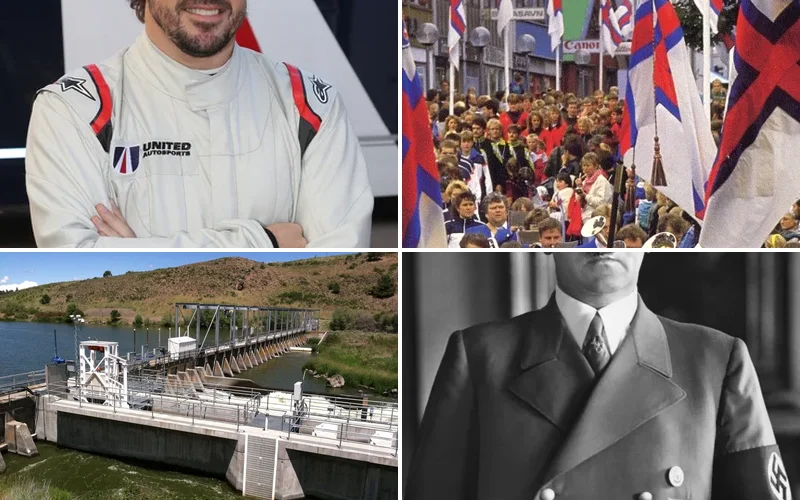
Politics and Government Events on July 29
1921 – Adolf Hitler Becomes Nazi Party Leader
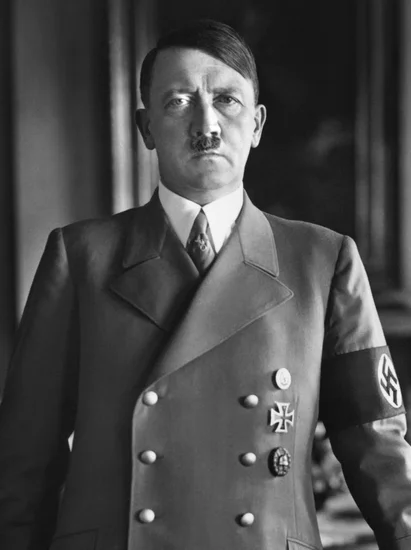
Adolf Hitler seized control of the National Socialist German Workers’ Party on this pivotal date. His rise to party leadership marked the beginning of his political ascension in Germany.
The appointment transformed a relatively obscure political movement into the foundation of Nazi power. Hitler’s leadership would soon reshape German politics and ultimately lead to catastrophic global consequences.
1901 – Oklahoma Land Lottery Begins
The United States government initiated a massive land distribution program in Oklahoma Territory. Thousands of hopeful settlers registered for the chance to claim homesteads in the expanding frontier.
This lottery system represented a more orderly approach to territorial settlement than previous land rushes. The event marked another significant step in Oklahoma’s journey toward eventual statehood.
1948 – Hawaii Conducts First Congressional Elections
Hawaii held its inaugural elections for representation in the United States Congress as a state. This historic vote marked the territory’s full integration into American democratic processes.
The elections demonstrated Hawaii’s readiness for statehood and its commitment to democratic governance. These results would influence the eventual admission of Hawaii as the 50th state.
1973 – Greece Abolishes Monarchy
Greek citizens voted decisively to end their nation’s monarchical system of government. The referendum initiated the first period of the Metapolitefsi, marking Greece’s transition to republican democracy.
This momentous decision followed years of political turmoil and military rule. The vote established the foundation for modern Greek democratic institutions that continue today.
1950 – Korean War No Gun Ri Massacre Ends
The US Army 7th Cavalry Regiment withdrew from No Gun Ri after four days of tragic confrontation. This controversial incident highlighted the complex challenges facing American forces during the early Korean War.
The withdrawal marked the end of one of the war’s most disputed episodes. The events at No Gun Ri would remain a source of diplomatic tension for decades.
1981 – Iranian President Flees to Paris
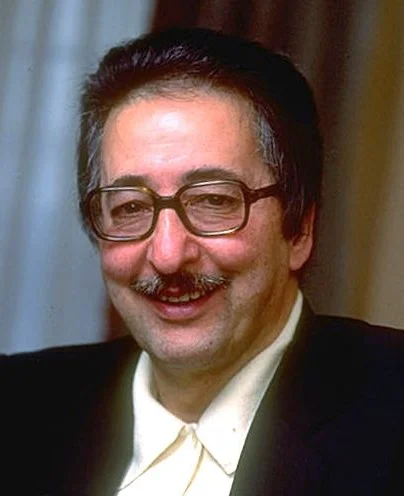
Abolhassan Banisadr escaped Iran aboard an Iranian Air Force Boeing 707 following his impeachment. He joined Massoud Rajavi in Paris to establish the National Council of Resistance of Iran.
Colonel Behzad Moezzi piloted the dramatic flight to freedom from revolutionary Iran. Their exile marked a significant moment in the ongoing Iranian political upheaval.
Military and Naval History on July 29
1967 – USS Forrestal Fire Catastrophe
The USS Forrestal erupted in flames off the coast of North Vietnam in the worst naval disaster since World War II. The devastating fire claimed 134 lives and highlighted the dangers of carrier operations.
Aircraft fuel and ordnance explosions created an inferno that consumed much of the flight deck. The tragedy led to significant improvements in naval firefighting procedures and safety protocols.
1965 – 101st Airborne Arrives in Vietnam
The first 4,000 paratroopers from the 101st Airborne Division landed at Cam Ranh Bay, Vietnam. This deployment marked a major escalation in American military involvement in Southeast Asia.
The arrival of these elite airborne forces signaled America’s growing commitment to the Vietnam conflict. Their presence would significantly expand US combat capabilities in the region.
1937 – Tongzhou Mutiny Erupts
The East Hebei Army launched a surprise attack against Japanese troops and civilians in Tongzhou, China. This violent uprising demonstrated growing Chinese resistance to Japanese occupation.
The mutiny resulted in significant casualties and highlighted the fragility of Japanese control in occupied territories. The incident further escalated tensions leading toward full-scale war.
1932 – Bonus Army Dispersed
Federal troops used tanks, tear gas, and bayonets to disperse the last remnants of the Bonus Army in Washington, D.C. The violent confrontation shocked the nation during the depths of the Great Depression.
World War I veterans seeking promised benefits faced military force from their own government. The brutal dispersal became a symbol of government insensitivity to veterans’ needs.
Science and Discovery Milestones on July 29
1958 – NASA Established
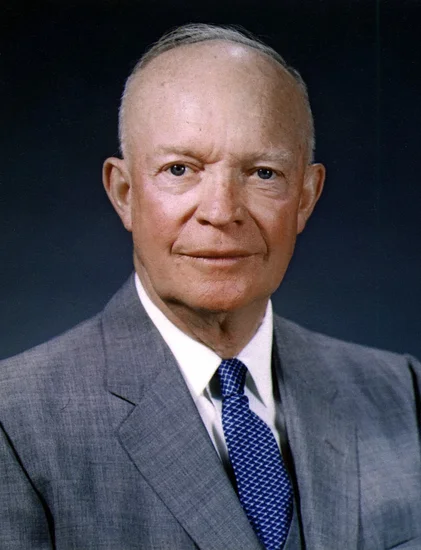
President Dwight D. Eisenhower signed the National Aeronautics and Space Act, creating NASA. This landmark legislation established America’s civilian space agency and launched the nation’s space exploration efforts.
The act consolidated various military and civilian space programs under one organization. NASA’s creation marked America’s serious commitment to competing in the space race with the Soviet Union.
2005 – Dwarf Planet Eris Discovered
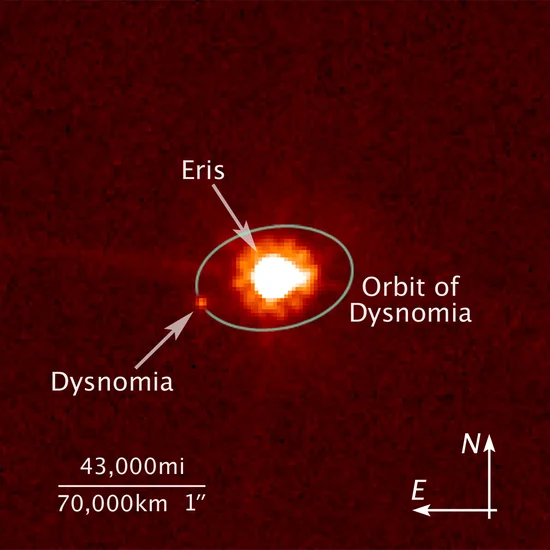
Astronomers announced their groundbreaking discovery of the dwarf planet Eris in the outer solar system. This finding challenged traditional concepts of planetary classification and expanded our understanding of the solar system.
The discovery sparked intense scientific debate about what constitutes a planet. Eris’s identification ultimately led to Pluto’s reclassification as a dwarf planet.
1957 – International Atomic Energy Agency Established
The International Atomic Energy Agency began operations to promote peaceful nuclear cooperation worldwide. This organization aimed to prevent nuclear weapons proliferation while encouraging beneficial atomic energy applications.
The agency’s formation reflected growing international concern about nuclear weapons development. Its establishment marked a crucial step in global nuclear governance and oversight.
1981 – International Space Station Loses Control
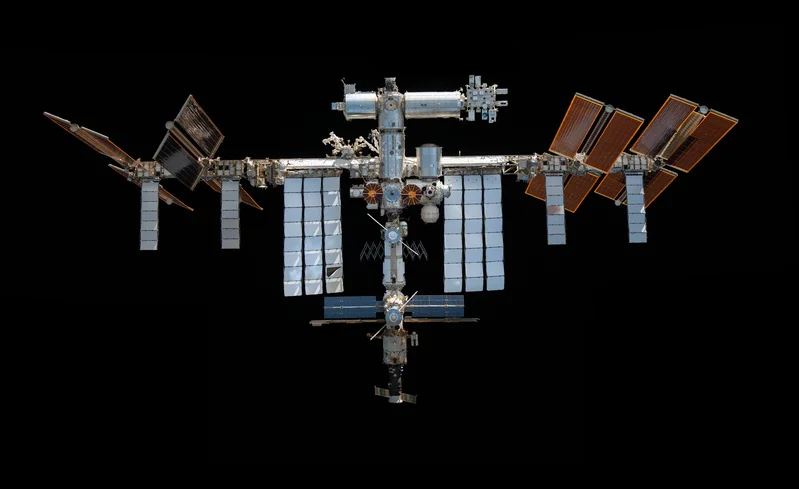
The International Space Station temporarily spun out of control following a malfunction in the Russian Nauka module. The incident moved the ISS 45 degrees out of its normal attitude, creating a dangerous situation.
Mission controllers worked frantically to regain control of the massive orbital laboratory. The successful recovery demonstrated the resilience of international space cooperation and engineering expertise.
Cultural and Arts Events on July 29
1981 – Royal Wedding Captivates World
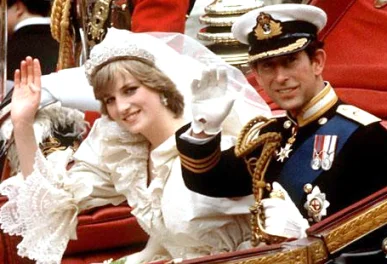
Prince Charles and Lady Diana Spencer married at St. Paul’s Cathedral before a global television audience of 750 million viewers. The spectacular ceremony became one of the most watched events in television history.
The fairy-tale wedding captured worldwide imagination and renewed interest in the British Royal Family. The ceremony showcased British pageantry and tradition on an unprecedented global scale.
1945 – BBC Light Programme Launches
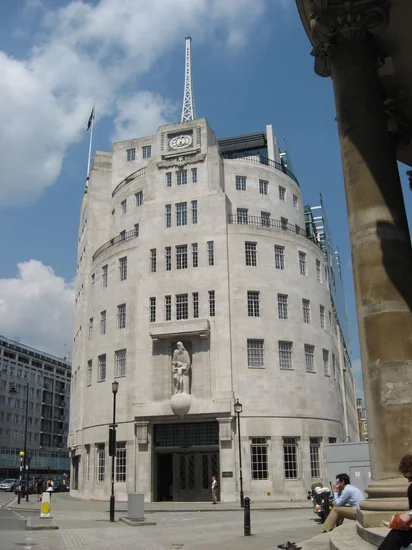
The BBC launched the Light Programme radio station to provide mainstream entertainment and music programming. This new service marked a significant shift in British broadcasting toward popular culture.
The Light Programme filled a gap in BBC offerings by focusing on entertainment rather than education. The station’s launch reflected changing public tastes and broadcasting philosophy.
1957 – Tonight Show Premieres
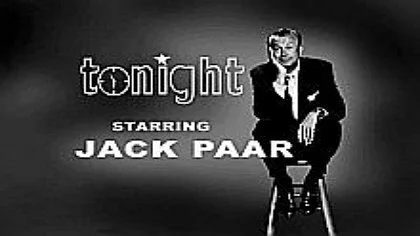
Tonight Starring Jack Paar debuted on NBC, establishing the template for modern late-night television talk shows. Paar’s innovative format combined celebrity interviews, comedy, and topical commentary.
The show’s success revolutionized late-night television programming across America. Paar’s approach influenced generations of talk show hosts and entertainment formats.
1983 – Cinema Loses Great Talents
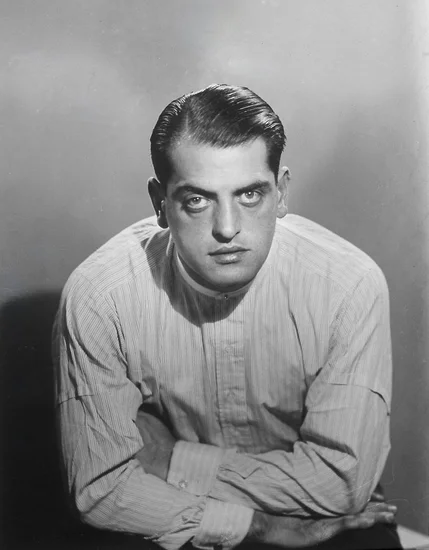
Renowned Spanish filmmaker Luis Buñuel passed away, ending one of cinema’s most influential careers. His surrealist films challenged conventional narrative structures and explored subconscious themes.
Buñuel’s death marked the end of an era in avant-garde filmmaking. His innovative techniques and provocative content influenced countless directors and artists worldwide.
Religious and Social Events on July 29
1907 – Scouting Movement Founded
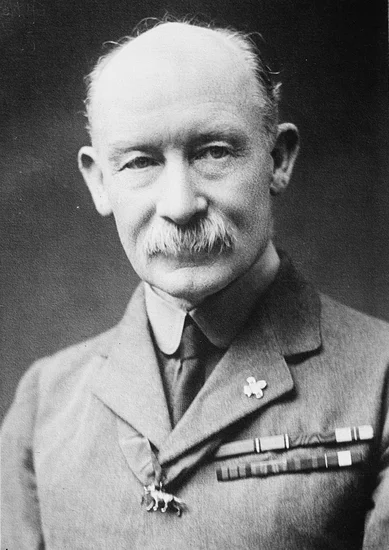
Sir Robert Baden-Powell established the Brownsea Island Scout camp in Poole Harbour, England. The camp, running from August 1 to August 9, became the foundation of the worldwide Scouting movement.
Twenty boys participated in the first Scout camp, learning outdoor skills and character development. Baden-Powell’s innovative program would eventually reach millions of young people across the globe.
1910 – Slocum Massacre Begins
The two-day Slocum massacre commenced in Texas, resulting in the murders of more than 100 African Americans. This horrific race riot demonstrated the extreme violence of American racial tensions.
The massacre represented one of the deadliest racial attacks in American history. The tragedy highlighted the desperate need for civil rights protection and racial justice.
1996 – Communications Decency Act Struck Down
A federal court ruled that child protection portions of the Communications Decency Act were unconstitutionally broad. The decision marked an important victory for free speech advocates in the digital age.
The ruling established crucial precedents for internet freedom and expression. The court’s decision balanced child protection concerns with fundamental First Amendment rights.
1993 – Nazi War Criminal Acquitted
Israel’s Supreme Court acquitted John Demjanjuk of Nazi war crimes charges and ordered his release. The controversial decision ended a lengthy legal battle over his alleged identity as a death camp guard.
The acquittal highlighted the difficulties of prosecuting World War II crimes decades later. The case demonstrated the complexities of witness testimony and evidence in historical prosecutions.
Business and Economic Events on July 29
1987 – Channel Tunnel Agreement Signed
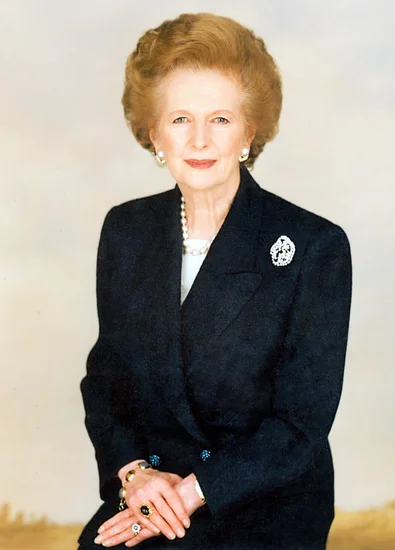
British Prime Minister Margaret Thatcher and French President François Mitterrand signed the historic agreement to construct the Channel Tunnel. This ambitious project would create the first fixed link between Britain and continental Europe.
The tunnel project represented one of the largest engineering undertakings in European history. The agreement marked a milestone in Anglo-French cooperation and European integration.
1920 – Link River Dam Construction Begins

Construction commenced on the Link River Dam as part of the ambitious Klamath Reclamation Project. This massive infrastructure undertaking aimed to provide irrigation and flood control for the region.
The dam project represented federal commitment to Western agricultural development. The construction would transform the local economy and agricultural potential of the Klamath Basin.
1976 – Son of Sam Kills First Victim
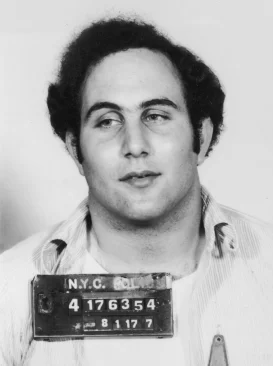
David Berkowitz, known as the “Son of Sam,” killed his first victim and seriously wounded another in New York City. This attack began a series of random shootings that terrorized the city.
The killings sparked one of the largest manhunts in New York history. Berkowitz’s crimes had significant economic impact on the city’s reputation and tourism industry.
Transportation and Infrastructure on July 29
1914 – Cape Cod Canal Opens

The Cape Cod Canal officially opened to maritime traffic, creating a vital shipping route through Massachusetts. This engineering achievement eliminated the dangerous journey around Cape Cod for commercial vessels.
The canal significantly reduced shipping times and costs for northeastern maritime commerce. The waterway became a crucial component of America’s coastal transportation network.
1985 – Space Shuttle Challenger Launch

Space Shuttle Challenger launched on mission STS-51-F despite experiencing an engine failure during ascent. The shuttle reached a lower orbit than planned but successfully completed its mission.
The engine failure demonstrated the inherent risks of space flight operations. The successful recovery highlighted NASA’s engineering capabilities and crew training effectiveness.
2015 – Malaysia Airlines Flight 370 Debris Found
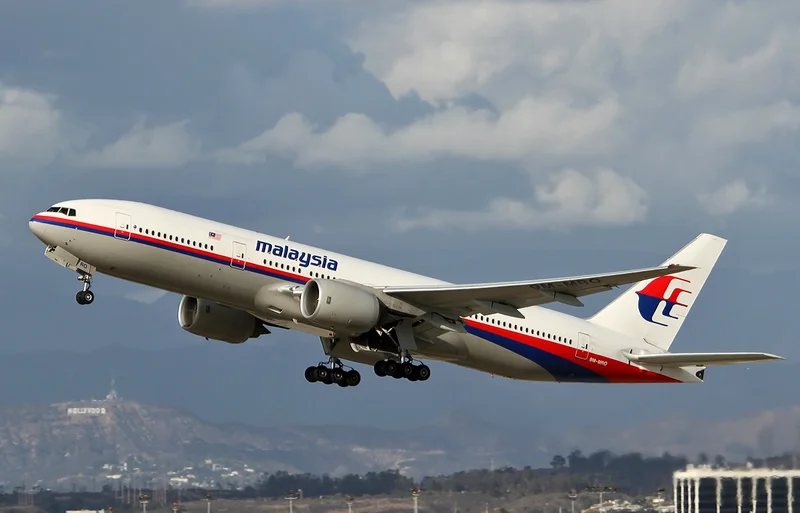
The first piece of suspected debris from the missing Malaysia Airlines Flight 370 was discovered on Réunion Island. This finding provided the first physical evidence of the aircraft’s fate.
The debris discovery offered hope for solving one of aviation’s greatest mysteries. The find sparked renewed international efforts to locate the aircraft’s main wreckage.
2013 – Swiss Train Collision

Two passenger trains collided in the Swiss municipality of Granges-près-Marnand near Lausanne, injuring 25 people. The accident highlighted safety concerns in European rail transportation.
Swiss authorities launched a comprehensive investigation into the collision’s causes. The incident prompted reviews of railway safety protocols and signaling systems.
Sports and Recreation on July 29
1948 – London Olympics Begin
The Games of the XIV Olympiad opened in London after a 12-year hiatus caused by World War II. These “Austerity Games” demonstrated the world’s determination to restore international sporting competition.
The Olympics provided hope and unity for a war-weary world still recovering from global conflict. London’s successful hosting proved that international cooperation could flourish despite economic challenges.
1973 – Racing Driver Roger Williamson Dies
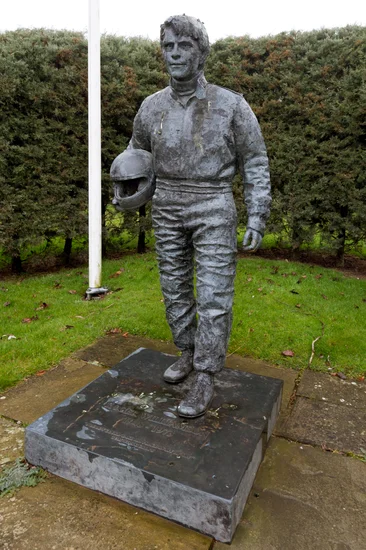
British racing driver Roger Williamson died during the Dutch Grand Prix after a suspected tire failure sent his car into barriers at high speed. The tragic accident shocked the Formula One community.
Williamson’s death highlighted the extreme dangers faced by professional racing drivers. The incident led to improved safety measures and emergency response procedures in motorsport.
1972 – Colombian Aviation Disaster
Two Avianca Douglas DC-3 airliners collided over Colombia, killing all 38 people aboard both aircraft. This tragic accident demonstrated the growing challenges of air traffic control.
The collision prompted significant improvements in Latin American aviation safety protocols. The disaster highlighted the need for better radar coverage and communication systems.
Notable Births on July 29
1905 – Dag Hammarskjöld Born
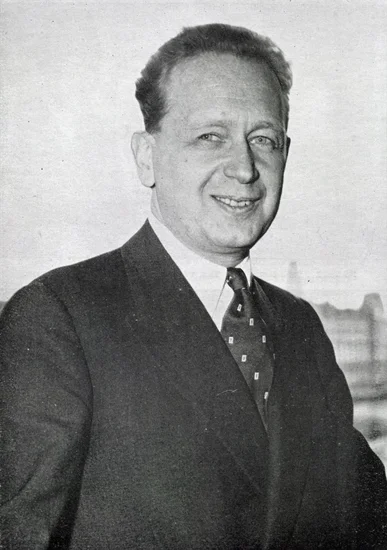
Swedish economist and diplomat Dag Hammarskjöld was born, destined to become the 2nd Secretary-General of the United Nations. His diplomatic career would earn him the Nobel Peace Prize posthumously.
Hammarskjöld’s leadership transformed the UN’s role in international peacekeeping and conflict resolution. His philosophical approach to diplomacy influenced generations of international relations practitioners.
1981 – Fernando Alonso Born

Spanish racing driver Fernando Alonso entered the world, later becoming one of Formula One’s most successful champions. His aggressive driving style and tactical brilliance would earn him multiple world championships.
Alonso’s career spanned multiple decades and racing series beyond Formula One. His versatility and competitiveness made him one of motorsport’s most respected figures.
1953 – Geddy Lee Born

Canadian musician Geddy Lee was born, destined to become the iconic lead vocalist and bassist of progressive rock band Rush. His distinctive voice and musical virtuosity would influence countless musicians.
Lee’s innovative approach to rock music helped establish Rush as one of the most influential bands in rock history. His technical skills and songwriting abilities earned critical acclaim worldwide.
1905 – Clara Bow Born

American actress Clara Bow was born, later becoming the defining “It Girl” of the 1920s silent film era. Her vivacious personality and natural acting ability captivated audiences worldwide.
Bow’s career embodied the spirit of the Jazz Age and changing women’s roles in society. Her influence on popular culture and fashion trends extended far beyond cinema.
1949 – Peter Jennings Born

Canadian-American journalist Peter Jennings was born, destined to become one of television news’s most trusted voices. His career spanned decades of major international events and breaking news coverage.
Jennings’ commitment to journalistic excellence and international reporting set new standards for television news. His authoritative presence and global perspective influenced broadcast journalism practices.
1932 – Elizabeth Dole Born

American lawyer and politician Elizabeth Dole was born, later becoming the 20th United States Secretary of Labor. Her groundbreaking career broke barriers for women in government and public service.
Dole’s leadership in multiple cabinet positions demonstrated women’s capabilities in high-level government roles. Her advocacy for workplace safety and women’s rights influenced national policy.
1970 – Wil Wheaton Born

American actor Wil Wheaton was born, later gaining fame as Wesley Crusher on Star Trek: The Next Generation. His transition from child actor to adult performer showcased remarkable versatility.
Wheaton’s later career in writing and podcasting demonstrated his diverse talents beyond acting. His advocacy for mental health awareness and anti-bullying efforts influenced popular culture.
Notable Deaths on July 29
1983 – Luis Buñuel Dies
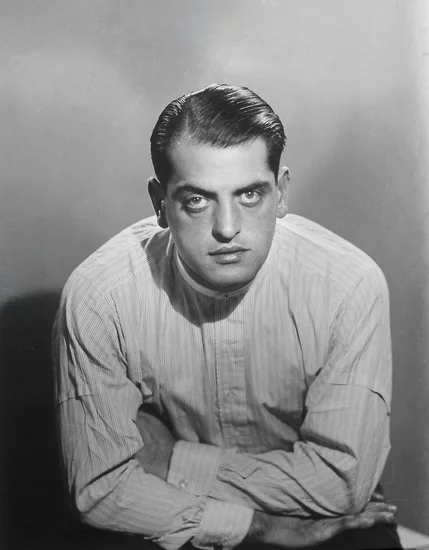
Spanish surrealist filmmaker Luis Buñuel passed away, ending one of cinema’s most provocative and influential careers. His groundbreaking films challenged conventional narrative structures and explored subconscious themes.
Buñuel’s death marked the end of an era in avant-garde filmmaking. His innovative techniques and controversial content influenced countless directors and established him as a cinema legend.
1974 – Cass Elliot Dies

American singer Cass Elliot of The Mamas & The Papas died unexpectedly in London. Her powerful voice and charismatic personality had made her one of the most beloved figures in 1960s popular music.
Elliot’s death shocked the music world and marked the end of an era in folk-rock music. Her influence on female vocalists and the counterculture movement remained significant long after her passing.
1979 – Herbert Marcuse Dies
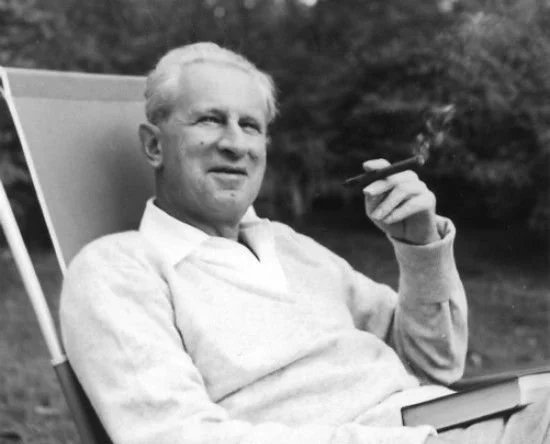
German-American philosopher Herbert Marcuse passed away, ending a career that profoundly influenced political theory and social criticism. His writings on capitalism and society inspired student movements worldwide.
Marcuse’s death marked the loss of one of the most important voices in critical theory. His philosophical contributions to understanding modern society continued to influence academic and political discourse.
1990 – Bruno Kreisky Dies
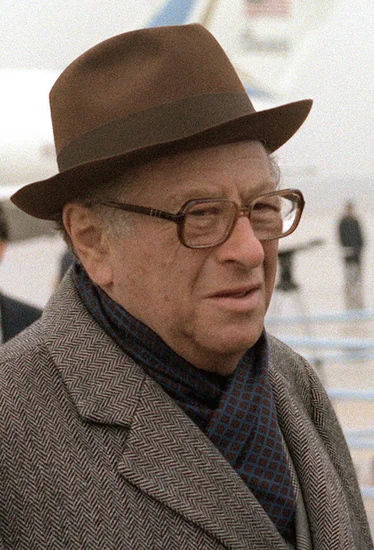
Austrian statesman Bruno Kreisky died, concluding a remarkable career as the 22nd Chancellor of Austria. His progressive policies and international diplomacy had transformed Austria’s role in European politics.
Kreisky’s death marked the end of an era in Austrian Social Democratic politics. His legacy of social reform and international engagement continued to influence Austrian political development.
1994 – Dorothy Hodgkin Dies

Nobel Prize-winning biochemist Dorothy Hodgkin passed away, ending a groundbreaking career in crystallography and structural biology. Her work on vitamin B12 and penicillin structures revolutionized medical science.
Hodgkin’s death marked the loss of one of the most important female scientists of the 20th century. Her pioneering research methods and discoveries continued to influence biochemical research.
1970 – John Barbirolli Dies
Renowned English conductor John Barbirolli died, ending a distinguished career leading major orchestras worldwide. His passionate conducting style and musical interpretations had influenced classical music performance for decades.
Barbirolli’s death marked the end of an era in orchestral conducting. His recordings and musical legacy continued to inspire musicians and audiences around the world.
Holidays and Observances on July 29
International Tiger Day

International Tiger Day raises global awareness about tiger conservation and the urgent need to protect these magnificent endangered cats. Wildlife organizations worldwide coordinate educational campaigns and fundraising efforts.
The observance highlights the critical threats facing wild tiger populations across Asia. Conservation efforts supported by this day have contributed to recent increases in some tiger populations.
National Thai Language Day
Thailand celebrates National Thai Language Day to promote the preservation and appreciation of the Thai language and culture. Educational institutions and cultural organizations host special events and language competitions.
The observance emphasizes the importance of maintaining linguistic heritage in an increasingly globalized world. Cultural preservation efforts supported by this day help maintain Thai identity and traditions.
Ólavsøka Opening Day

The Faroe Islands and Nordic countries celebrate Ólavsøka, marking the opening of the Løgting parliamentary session. This traditional observance combines political ceremony with cultural celebration and community gathering.
The festival honors Saint Olaf and celebrates Nordic heritage through traditional music, dance, and food. The parliamentary opening ceremony maintains centuries-old democratic traditions in the region.
